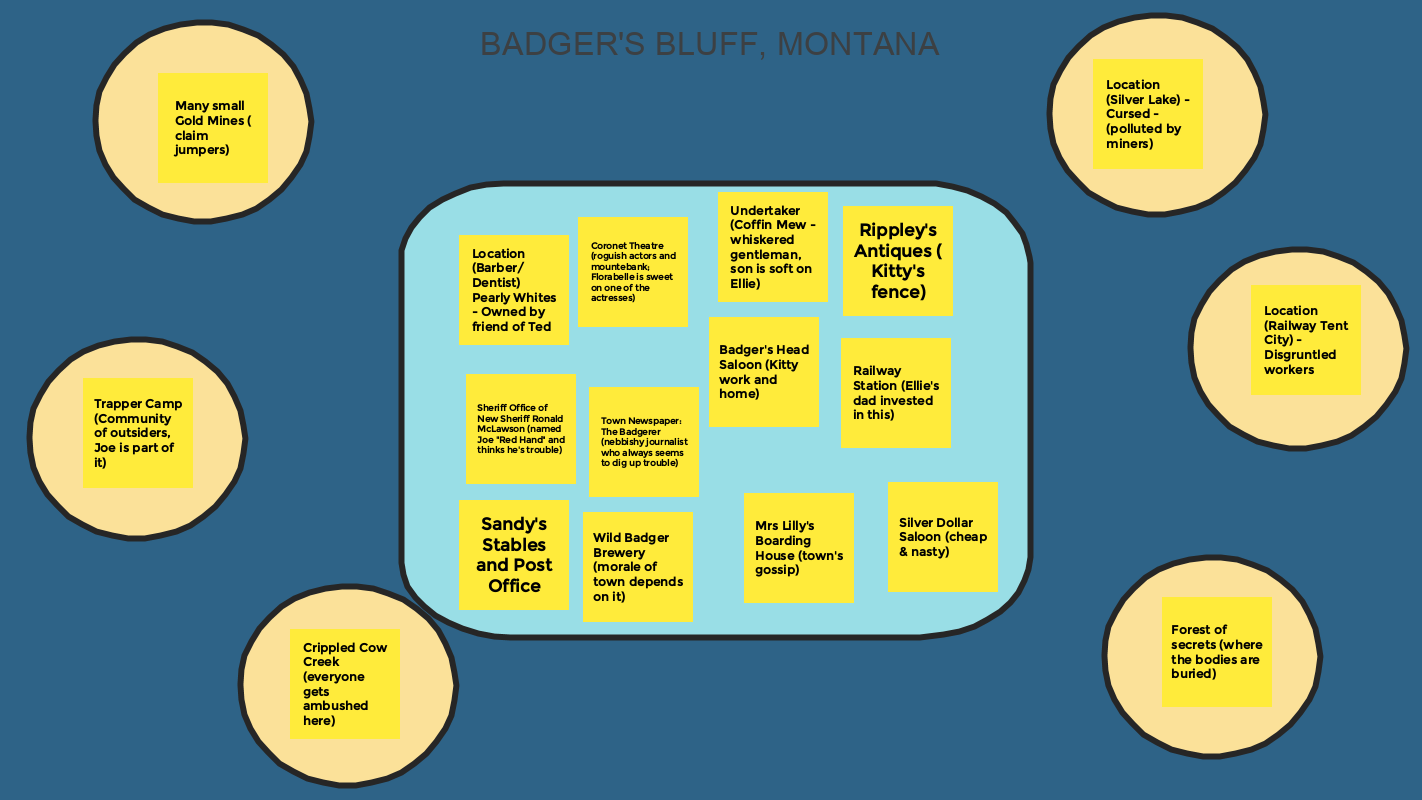Scuba Steve
Is a real Human Bean (TM)
- Joined
- Feb 25, 2020
- Messages
- 212
- Reaction score
- 479
Wondering what VTT folks here use (of the people that do use it). I've been using Roll20 for a long while; only the free version. Premium doesn't seem all that worth it in my opinion to justify the cost (not to mention I don't stream the sessions, so it can't be recouped as say a business expense). However lately I've been noticing some real issues with it, and I'm thinking on branching out to Foundry VTT, since I've heard a lot of good things about that; not to mention it's really good with modules. I especially like how it's a one time cost too.
So what sort of VTT do you use?
So what sort of VTT do you use?




